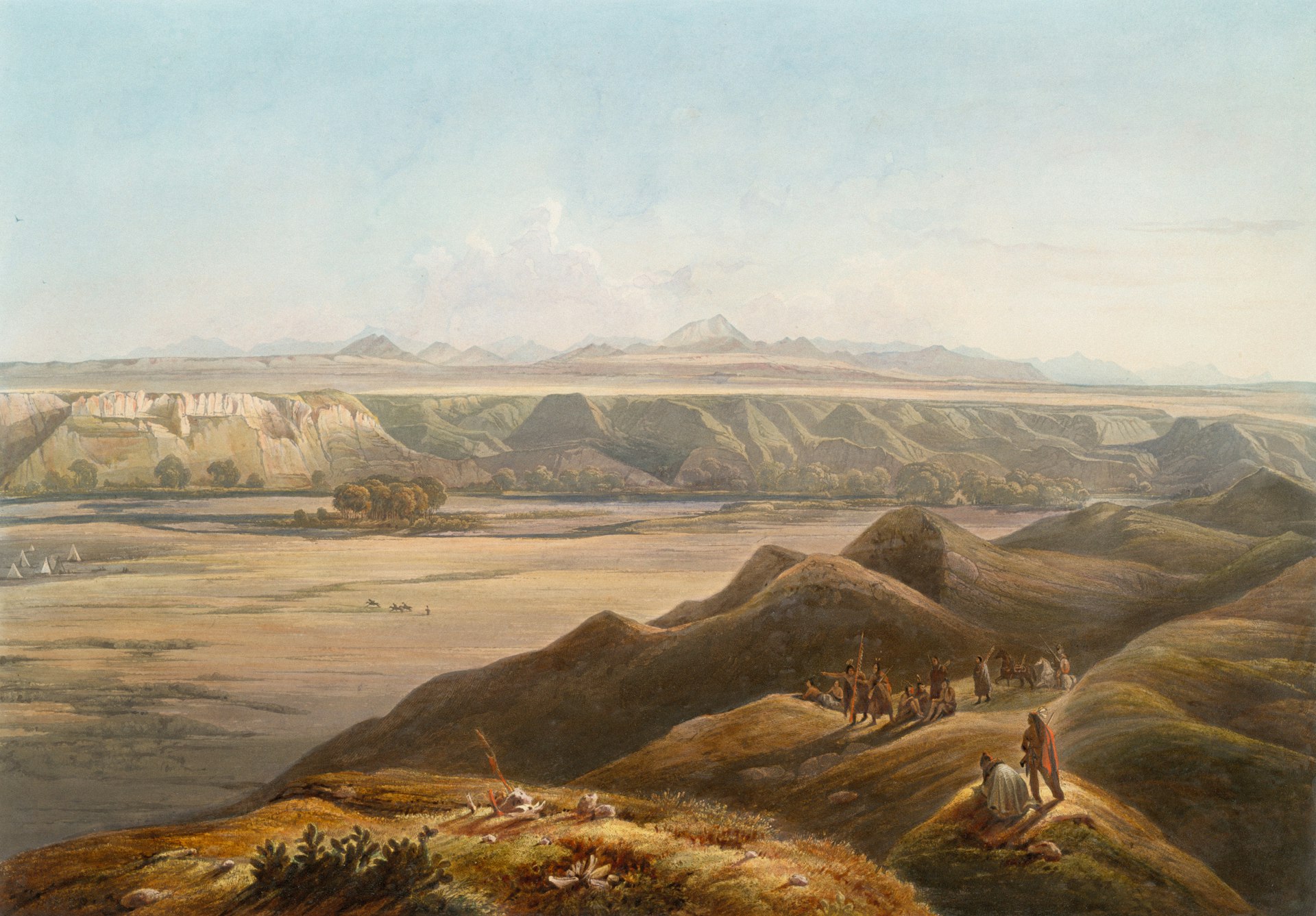Unlocking the Future: How Immersive Metaverse Experiences Are Transforming Education

Photo by Belinda Fewings on Unsplash
Introduction: A New Era of Immersive Learning
The evolution of technology is fundamentally transforming the way knowledge is acquired, shared, and applied. The emergence of the metaverse-a persistent, interactive digital environment-heralds a new era for education. By blending virtual reality (VR), augmented reality (AR), artificial intelligence (AI), and blockchain, the metaverse is building immersive, student-centric spaces that transcend the limitations of traditional classrooms. In these environments, learners can interact, collaborate, and experiment in ways that foster deep understanding and real-world skills. [1]
Key Features and Benefits of Education in the Metaverse
Education in the metaverse offers a range of features that address challenges faced by traditional learning models:
- Increased Accessibility: Students can participate regardless of location, overcoming geographical and financial barriers. [2]
- Personalized Learning: AI-driven platforms customize lessons and pace for each student, adapting to learning styles and progress. [1]
- Active Engagement: Immersive environments enable students to “live” their lessons-conducting virtual science experiments, visiting historical landmarks, or practicing complex procedures in safe simulations. [3]
- Collaboration and Identity: Learners interact through digital avatars, building teamwork and social skills while expressing their individuality. [2]
- Gamification: Game-like elements increase motivation and retention, turning lessons into challenges and achievements. [3]
- Secure Credentialing: Blockchain technology enables verifiable digital certificates and ownership of educational assets. [3]
Core Technologies Powering the Educational Metaverse
Several key technologies are converging to make these educational experiences possible:
- Virtual Reality (VR): Delivers fully immersive environments for simulated practice. For example, medical students can perform virtual surgeries or engineering students can manipulate digital prototypes. [1]
- Augmented Reality (AR): Enhances real-world learning with interactive overlays, such as 3D models in textbooks or interactive geography lessons. [3]
- Artificial Intelligence (AI): Drives adaptive learning, virtual tutors, and real-time feedback, ensuring each learner’s needs are met. [1]
- Blockchain: Provides secure tracking of achievements and ownership of digital credentials, supporting academic integrity and lifelong learning portfolios. [3]
- Digital Avatars and Spatial Computing: Foster a sense of presence and enable natural interaction with peers and digital content. [2]
Practical Applications and Real-World Examples
Educational platforms are already leveraging the metaverse to create engaging, practical learning experiences:
- Edverse: Offers a 3D world where users build avatars, participate in knowledge hubs, and even monetize their creations. Educators and institutions can customize virtual environments for specific subjects or age groups, making learning both interactive and scalable. [5]
- Certified Metaverse Expert Courses: Programs like the Blockchain Council’s Certified Metaverse Expert prepare students for careers in blockchain, NFTs, and digital economies, providing both theoretical and hands-on training. [4]
- Virtual Classrooms and Simulations: Many universities and online academies now offer courses or labs in VR, where students can conduct experiments, collaborate internationally, and receive real-time feedback without physical constraints. [3]
For those seeking to enroll in metaverse-based courses or platforms, you can search for “metaverse education platform” or explore offerings from established providers such as Edverse. Be sure to verify the credibility of the platform and look for reviews and case studies from current users.

Photo by – Landsmann – on Unsplash
How to Access Metaverse Education Opportunities
Accessing metaverse-powered educational resources involves several steps:
- Identify Your Learning Goals: Consider your field of interest (e.g., computer science, medicine, design) and the skills you want to develop.
- Research Platforms: Explore established metaverse education providers such as Edverse, and look for programs offered by recognized institutions or organizations. [5]
- Review Course Content: Look for courses incorporating immersive technologies, hands-on labs, and collaborative projects. For advanced topics, programs like Blockchain Council’s metaverse certifications provide in-depth study. [4]
- Check Accessibility: Confirm technology requirements (VR headsets, compatible devices, internet speed) and support for learners with disabilities.
- Enroll and Engage: Register through the provider’s official website. Many platforms allow you to create a digital avatar, join virtual classrooms, and participate in community activities. [5]
- Stay Informed: The field is evolving rapidly. Follow recent trends and updates from educational technology news sources and platform blogs. [1]
If you are unsure where to start, consider searching for metaverse education courses through reputable online learning directories or by visiting major educational institutions’ official websites and searching for “metaverse learning” or “virtual reality courses.”
Potential Challenges and Solutions
As promising as metaverse education is, several challenges exist:
- Access and Equity: Not all students have the required hardware or internet connectivity. Some programs offer loaner devices or partner with community organizations to increase access. Explore local library or educational outreach programs for support.
- Learning Curve: Adapting to new technologies can be daunting. Many platforms offer onboarding sessions, tutorials, and peer support to ease the transition. [5]
- Privacy and Security: With digital avatars and personal data in use, robust privacy policies and secure credentialing systems (often powered by blockchain) are essential. [3]
- Quality Assurance: As more courses appear, verifying the legitimacy and value of providers is critical. Look for recognized accreditation, user testimonials, and case studies.
If you encounter access barriers, reach out to local educational agencies or search for scholarship opportunities and technology grants for digital learning.
Alternative Approaches and Future Directions
While the metaverse is expanding rapidly, alternative digital education models-such as traditional online courses, MOOCs (Massive Open Online Courses), and hybrid classrooms-remain valuable options. These approaches can be stepping stones to more immersive metaverse experiences or serve learners who prefer less-immersive methods.
The future promises further integration of AI, AR, and blockchain into education, making personalized, globally collaborative, and hands-on learning available to a broader audience. As the metaverse ecosystem matures, expect to see new pedagogical models, greater accessibility, and more opportunities for creative expression and career growth. [1]
Action Steps for Learners and Educators
If you are interested in leveraging the metaverse for education:
- Define your learning objectives and technology needs.
- Research established platforms and verify their credentials.
- Seek programs that provide immersive, hands-on, and collaborative experiences.
- Ensure accessibility and privacy are addressed.
- Stay informed about new trends and opportunities by following educational technology news and platform updates.
For educators and institutions, consider piloting metaverse-based modules, seeking feedback from students, and collaborating with technology providers to create accessible, engaging curricula. You can connect with communities of practice and attend virtual conferences to keep pace with developments.
References
- Antier Solutions (2025). Top 5 Metaverse Trends for Education You Should Know in 2025.
- Shamla Tech (2025). Best 5 Metaverse Online Learning Education.
- Meegle (2025). Metaverse and Education Platforms.
- Vocal Media (2024). Metaverse Platform for Education: Top 10 Courses to Look in 2025.
- Edverse (2025). The World’s First & Most Immersive Education Metaverse, Ever!



